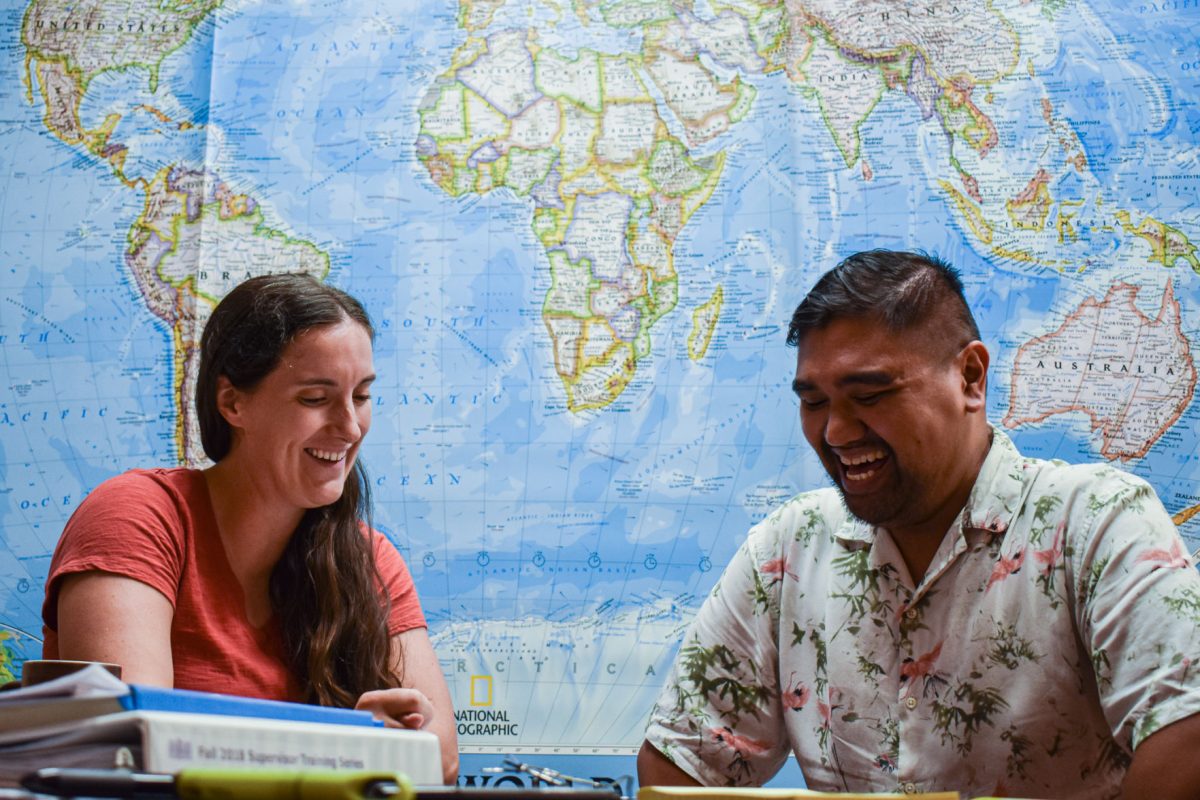I knew before I graduated high school that I was going to study abroad in college. Yet, it took until the fall of my junior year to actually get me onto the airplane to Hyderabad, India. As jaded as the statement may be, studying abroad for a semester was a transformative experience for me. Of course, I recognize that everyone’s situations are unique, but I will offer, over the course of this article, my advice on study abroad: why you should go and what to consider when making this life-changing decision.
First of all, what are the benefits of study abroad? To answer this, I will pose another question: did you know that the United States of America only represents about 2.5 percent of the world’s total land area? There are 195 countries on this planet, each with different people and customs. As college students, we are still in a formative stage of our lives, learning how we see the world while trying to fit into it as well. Study abroad offers the chance to gain new information about the world and yourself. In more practical terms, studying abroad is a great experience to include on your resume. It offers many new skills and opportunities to gain experiences employers will love, such as knowledge of foreign languages or the ability to work with people of different backgrounds. According to a study conducted by the University of California, 97 percent of their students who studied abroad were hired within 12 months of graduation.
So, you know that you want to study abroad, now what? First, visit Clemson’s study abroad fair on Wednesday, Sept. 18 from 10 a.m. – 3 p.m. in the Hendrix Student Center or go online to www.clemson.edu/studyabroad/ to search through the full list of programs, access crucial resources such as study abroad scholarship information and, if you decide that studying abroad is right for you, begin your application. I personally recommend that you start applying at least one semester before you plan to go abroad, but your timeline may vary depending on a particular program’s application deadlines.
What should you consider before committing to a program? First, and I cannot stress enough how much I wish I had done this, talk to alumni. Pretty much every program worth considering will have alumni testimonials or contacts you can reach out to for more information on their experiences. Next, make sure you will be able to get the right credits to keep any scholarships you have and ensure your graduation isn’t derailed. I admit that I wasn’t prepared, leading to an eight-month headache getting the credits I received to transfer. Don’t put yourself in this stressful situation if you can avoid it! Finally, and perhaps most importantly, learn about the society and its rules and norms that you will be living in. Make sure you know how to keep yourself safe, especially if you’re a female-bodied or LGBT+ traveler.
When you are abroad, it is crucial to keep an open mind, and respect the local culture. Know that not only are you representing yourself but also Clemson University and the United States. Do not partake in offensive actions, judgemental comments or fetishization of the “exotic” culture. If you’re unsure what is okay, the best rule of thumb is simply to treat anyone’s values, beliefs or customs in a way that you would want someone else to treat yours. Be a polite guest because, ultimately, that’s what you are— a guest visiting someone’s home. Be respectful, and most importantly, keep in mind that cultures don’t exist in a hierarchy. There is no better and worse or right and wrong; every culture has its strengths and weaknesses, and that’s true anywhere in the world, including here in the United States.
Study abroad is a big decision to make, but I believe that all of the benefits outweigh the difficulties. At the end of the day, the positives and the negatives all together form your unique journey and lead to character growth. For me, studying abroad confirmed my lifelong belief that, although national lines and oceans may separate us, we are more than capable of overcoming the physical and imagined barriers that keep us separated. It is my true hope that anyone considering studying abroad does so, if only to learn this same lesson.









